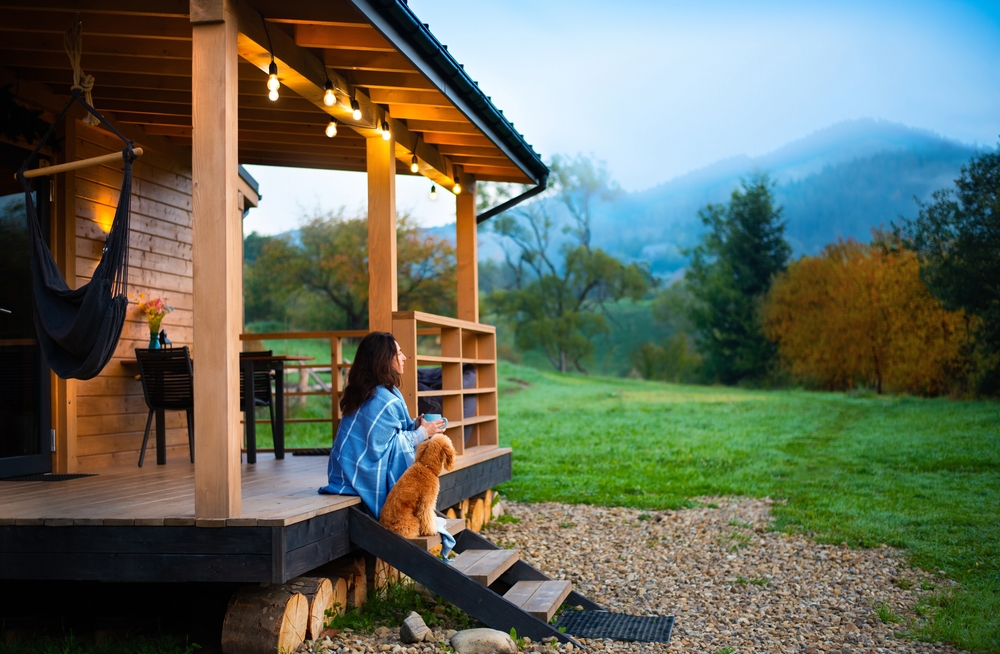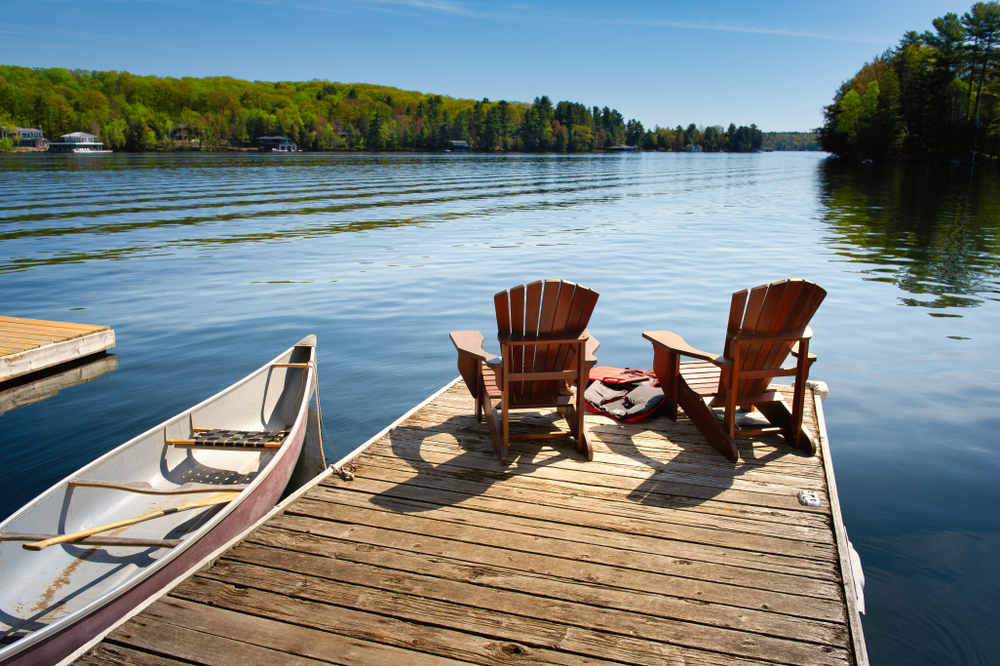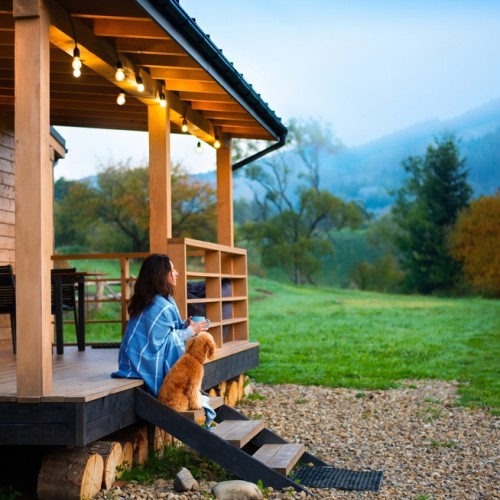The purchase of a second home is often motivated by a need for change and a desire to escape one’s daily routine. It’s a major decision that has to be considered from multiple angles.There are several key factors you need to think about before committing to this real estate project.

What is a second home, and how is it different from a principal residence?
A second home is typically a vacation home—a secondary residence purchased for use as a weekend or holiday pied-à-terre.
It’s important to understand that principal and secondary residences are subject to different tax rules: The sale of a property designated as a principal residence is fully or partially exempt from capital gains tax. This is not the case when you sell a second home.
The pros and cons of a second home
Buying a second home has pros and cons.
After a difficult work week, who doesn’t dream of escaping to a private oasis? A cottage or waterfront home is also a great place to spend quality time with family and friends. Not to mention the profit you could make by turning it into a rental property!
If you do choose to lease your second home, knowing your tax obligations is essential. Similarly, it’s important to plan for succession to avoid potential headaches and friction among family members.
Buying a vacation home means spending on renovations and maintenance, but also on home decor and furniture. But there are other less obvious costs to consider: rental management fees, insurance, taxes to be paid at the time of purchase and every year thereafter, heating and electricity bills, as well as travel expenses.
Owning a second home is exciting, but it’s also a big time commitment; keep in mind that you may have to put other projects on the back burner as a result.

Taking stock before buying a second home
Before making any decisions, you need to start by evaluating your finances. There’s no point even considering buying a second home unless you can afford all of the associated costs.
Analyze your needs
One of the most important criteria for your second home is its location. Do you want a place in the city or the country? Near or far from where you live? If you plan to work from this property, make sure it has access to high-speed internet so your productivity isn’t affected.
Whether you want a cottage for weekends in nature or a beachfront condo for vacation getaways, the location will affect how often you visit your property and how much you spend on transportation.
A second home is also an opportunity to envision a different lifestyle. If you’re a fan of winter sports, the best choice would be a cottage near a mountain. If you’re more interested in water sports, a second home near a lake might be a better fit.
Assess your financial situation
Ideally, you should have a realistic budget drawn up before you begin looking at potential homes. The goal is to set a spending cap to avoid being tempted by properties beyond your reach.Your mortgage broker will evaluate how much you can afford, your repayment capacity, and your debt ratios. Note that acquiring a second property may increase your tax burden and debt, which could force you to delay other plans.
Financing your second home
Several elements will be taken into account to assess the amount that may be granted to you when you apply for financing, like the mortgage and costs associated with your main residence.
Calculate the costs of this investment
The above-mentioned costs are often lower for a second home than a primary residence. However, other types of expenses should be anticipated. For instance, if you’re not visiting the property regularly, you may need to shell out for septic tank services, snow removal, gutter cleaning, or lawn care.To calculate your borrowing capacity, you can choose from a host of free online tools or get in touch with a broker.
How much is the down payment for a second home?
According to the Canada Mortgage and Housing Corporation, the down payment on a second home must be at least 5% of the property’s value. This is the same as the minimum requirement for a principal residence.
On the other hand, for a second home that you could only live in 3 seasons a year, the minimum down payment is 10% of the purchase price.
Mortgage or line of credit?
As with a primary residence, a mortgage is one way to finance a second home. However, the lender will need to assess several aspects of your property, such as its location, to determine whether they can grant you the loan and under what conditions.
If you have a 20% down payment, you may want to consider taking out a line of credit for up to 65% of the actual value of your property.
If you have been a homeowner for a few years, re-mortgaging your main property to finance your secondary residence could also be a good option, as your main property has probably appreciated in value since you acquired it.
Making an informed decision
There are numerous aspects to consider before buying a second home, and they deserve a thorough analysis. Doing your homework will make it easier to arrive at a decision that suits your needs and your budget. No matter your needs and wants, you can count on your Multi-Prêts broker to offer the right advice for your circumstances!
How do you calculate the capital gains tax on a second home?
The sale of a second home has tax implications, namely when it comes to capital gains (i.e., profit made from the sale of your property).
For example, if you bought a cottage for $100,000 a few years ago and resold it for $200,000, your capital gain would be $100,000. However, there are several expenses that can reduce your tax bill, such as commissions paid to a broker or improvements to the property. Maintenance costs are not eligible.
If the broker’s commission is $10,000 and you paid $30,000 to improve your property, you can deduct this amount from your $100,000 capital gain for a total of $60,000. Keep in mind that only half that amount is taxable. You therefore need to declare a capital gain of $30,000.
You can also consider other tax strategies, such as designating your second home as your primary residence, which is not subject to capital gains taxes. A financial services professional can help.
Key takeaways
- Buying a second home is a major investment that requires careful planning.
- It’s essential to evaluate your borrowing capacity to determine whether you can afford a second home.
- There are significant personal benefits to purchasing a second home.

